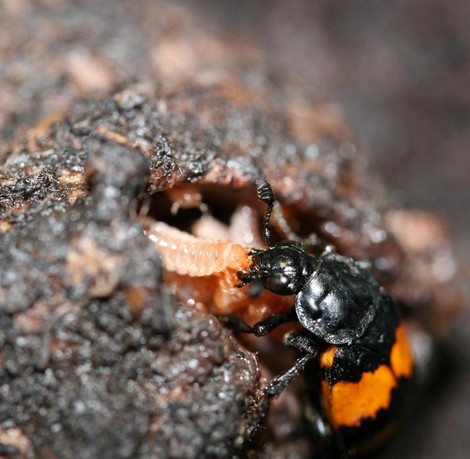Your podcast discovery platform
Curious minds select the most fascinating podcasts from around the world. Discover hand-piqd audio recommendations on your favorite topics.

piqer for: Global finds Health and Sanity Doing Good
Bangalore-based Rashmi Vasudeva's journalism has appeared in many Indian and international publications over the past decade. A features writer with over nine years of experience heading a health and fitness supplement in a mainstream Indian newspaper, her niche areas include health, wellness, fitness, food, nutrition and Indian classical Arts.
Her articles have appeared in various publications including Mint-Wall Street Journal, The Hindu, Deccan Herald (mainstream South Indian newspaper), Smart Life (Health magazine from the Malayala Manorama Group of publications), YourStory (India's media technology platform for entrepreneurs), Avantika (a noir arts and theatre magazine), ZDF (a German public broadcasting company) and others.
In 2006, she was awarded the British Print-Chevening scholarship to pursue a short-term course in new-age journalism at the University of Westminster, U.K. With a double Masters in Globalisation and Media Studies from Aarhus Universitet (Denmark), University of Amsterdam and Swansea University in Wales, U.K., she has also dabbled in academics, travel writing and socio-cultural studies. Mother to a frisky toddler, she hums 'wheels on the bus' while working and keeps a beady eye on the aforementioned toddler's antics.
How Parents' Brains Get Rewired And Why Knowing It Is Important
Parents, especially mothers, know it instinctively. The instant that tiny, wrinkled, wriggly thing the world calls your baby is in your hands, you change. Or, to use another motherhood cliché, ‘everything changes’. Now science is backing this gut feeling and telling parents (in a nice way) that babies make them go somewhat nuts.
A few months ago this story was published where neurologists discussed how pregnancy “tinkers with the very structure of the brain”. It is only now that science is beginning to link the way a mother acts to what is happening in her brain – her grey matter becomes more concentrated and activity heightens in regions that control anxiety, social interaction and empathy. In essence, neurologists are concluding that all the overwhelming emotional changes a new mother experiences are, well, neurological.
Last week, researchers from the University of Georgia further substantiated this theory that becoming a parent “rewires the parents' brain”. The Nature study finds that neuropeptides, which influences behaviours such as aggression, social tolerance and feeding, undergoes major changes during parenting.
The scientists were testing the idea that genetic changes occur over a period to develop ‘parental qualities’ in a species. With this study, they are theorising that behaviours connected with parenting arise from changes in existing genes rather than evolution of new ones.
This is an important development because mapping parental brains is only the first step in fine-tuning our knowledge of something as complicated as raising children. Crucially, this might also help in a better understanding of post-partum depression and anxiety neurosis in new mothers, a subject mired in political correctness and lack of empathy. What’s worse, it is an area that sorely lacks large-scale research.
